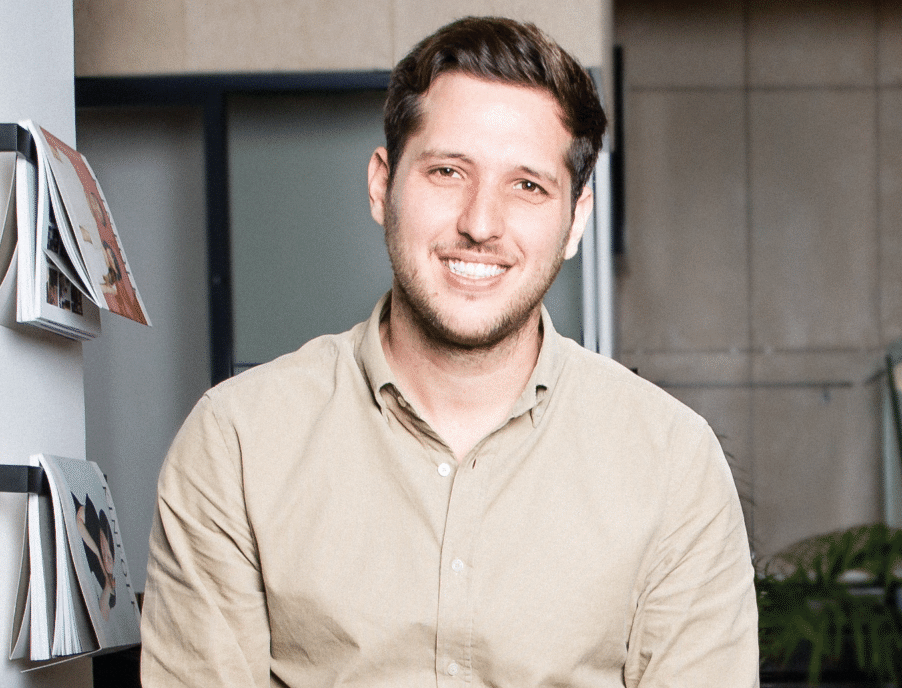Fund of funds Sweetwood Ventures bets big on VC’s smallest funds
Despite legacy venture capital firms continuing to raise bigger and bigger funds, LPs may have more luck focusing on the small stuff. Amit Kurz, a general partner at Israel-based fund of funds Sweetwood Ventures, thinks so. He told ZebethMedia that last year he started to notice more and more tiny funds he wasn’t familiar with getting on the cap tables of competitive deals. While these “nano” funds wouldn’t fit the thesis for Sweetwood’s $70 million flagship fund, he thought it was worth figuring out a way to back them. “I got really intrigued as to how can we gain exposure to that space,” Kurz relayed to ZebethMedia. “They really generate this access to the most oversubscribed rounds and they invest a small amount, which is a classic win-win situation. You aren’t competing with the main VCs, yet everyone wants you because you are bringing a ton of value.” So, Sweetwood decided to raise a fund dedicated to these investors. Now, the firm is announcing that it raised $20 million for a separate fund to cut checks of up to $2 million into funds that are $15 million in size or smaller, with a focus on funds based in Israel. Sweetwood has backed seven funds thus far. It’s also looking to essentially create nano funds by working with angel investors. For this side of the fund, Sweetwood will work with angels to match their investment into a company while also giving them carry on the money that the firm puts in. While this would mean a hit to the firm’s potential returns compared to just investing directly, they don’t take that type of stake to begin with. They’ve closed on two such deals so far. “It’s a no-brainer for these guys,” Kurz said about approaching angel investors. “[They are] doing these deals anyway and there is this external partner that doesn’t look to be a tech scout but pays them as tech scouts.” The firm started raising the nano-focused fund in the peak of 2021’s craziness and is now looking to deploy into very different market conditions where smaller and less established firms are really struggling to raise. Kurz said that while they were initially apprehensive when the market conditions started to sour, they quickly got over that fear because they realized that the funds they back will now be writing checks to companies at more reasonable valuations and will actually have time to spend on due diligence. Kurz said when evaluating these potential investments the big question they ask, since neither the angel investor nor nano funds are big enough to lead any of the rounds they are in, is, why do startups want to take their money? He said that the firm is looking for funds and individuals that fall under two categories of answers: expertise and access. For some, especially on the angel investor side, access is king. If you are a notable former tech entrepreneur that is well connected, the thinking is that you are just going to hear about more notable deals and be invited to participate over other angels just due to your background. Kurz said this can include angels that were successful or well-known former founders. On the other side, Sweetwood is looking for funds and individuals with expertise and specialization that are going to be sought out by companies to fill out rounds because they bring an outsized value add to the table compared to their check size. “Why are people giving you access? Why are people wanting you on the cap table?” he said. “It’s very much focused about the value add and ability to gain access to the deals more so than your ability to distinguish the deals or do selections on the deal.” While this nano fund is separate from the firm’s flagship series, Kurz anticipated that some of these funds will grow up to be good candidates for the flagship fund down the line. It will also help them get into companies earlier that might end up in the flagship’s fund portfolios as well. “The very small funds tend to outperform,” he said. “The smaller you are the more probable you are to generate outsized returns. I thought, this is really interesting, how do we build something for this?”

